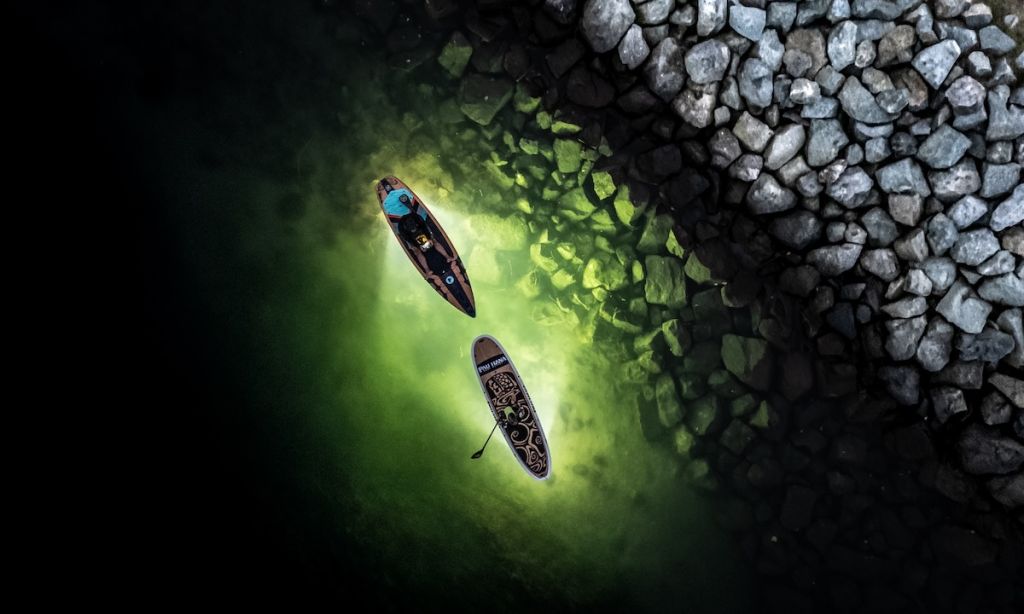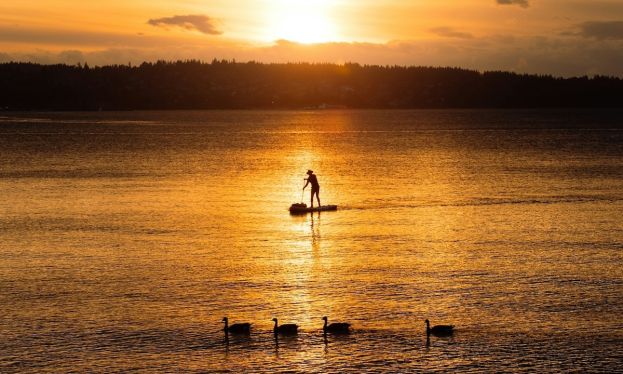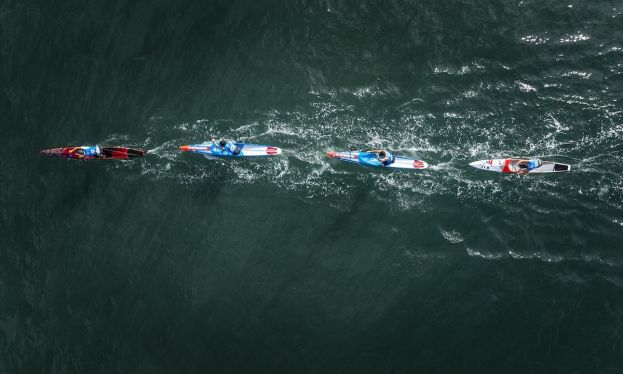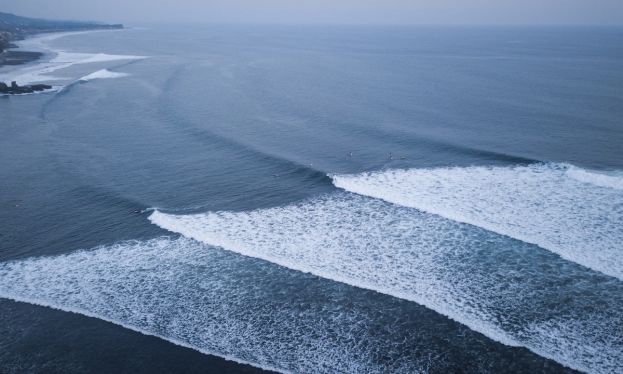How to Plan a Safe Night Paddleboarding Trip
- Written by Staff
- Published in Tips
- Comments::DISQUS_COMMENTS
Nighttime paddleboarding is one of the most magical ways to experience the water—peaceful, quiet, and often lit by nothing more than the moon and stars. But paddling after sunset introduces a new set of challenges and risks that demand extra preparation and awareness. Whether you're chasing bioluminescence, escaping daytime heat, or simply enjoying the calm of twilight, here's what you need to know to keep your night SUP sessions both safe and unforgettable.
1. Light Yourself Up
Visibility is your top priority when paddling in the dark. Equip your board, paddle, and body with lights that ensure you can both see and be seen.
- Board Lights: LED strips under your board or waterproof suction lights can add dramatic effect—and visibility. One standout option is the GloFin, a light-up fin that emits a soft underwater glow as you paddle. It attaches just like a standard fin and adds both safety and style, making your board visible from all angles.
- Headlamps: Use a waterproof headlamp with both white and red light modes to preserve night vision while offering forward visibility.
- Personal Safety Lights: Clip-on lights or reflective gear on your PFD help other paddlers (and boats) spot you from afar.
Whether you're paddling through a glowing bay or a calm inland lake, proper lighting can turn your night session into something unforgettable—while keeping you safe.
2. Choose Familiar Waters
Night is not the time for exploration. Stick to routes you know well—ideally places you’ve paddled multiple times during the day. Familiarity with currents, shoreline markers, entry/exit points, and underwater hazards is critical.
3. Check the Forecast—Twice
Weather changes can be harder to detect at night. Double-check wind, tide, and temperature forecasts before you launch. Avoid paddling if there's even a slight risk of fog, wind spikes, or storms rolling in.
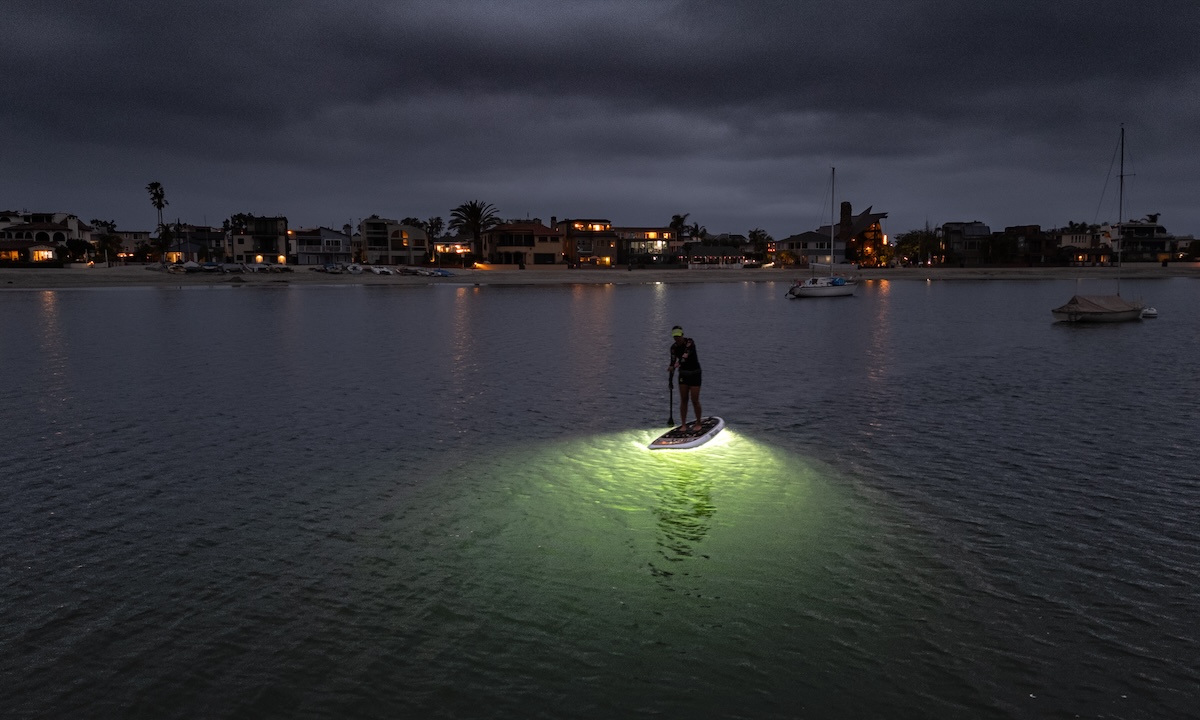 |
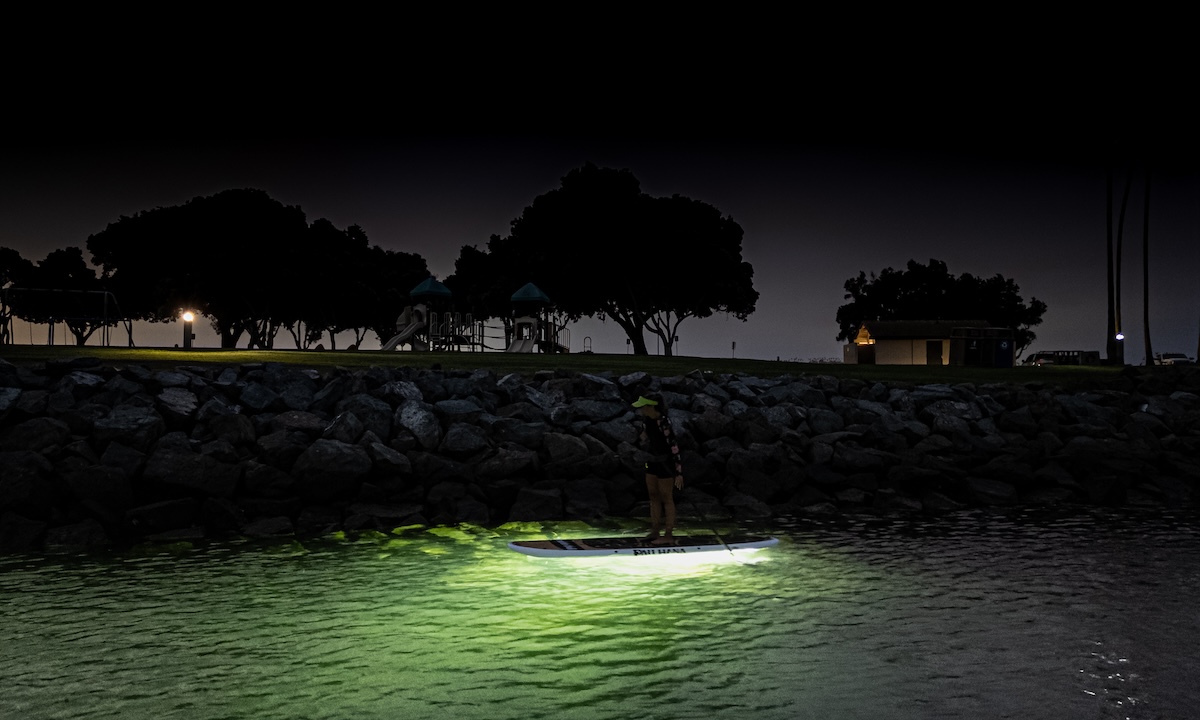 |
Photos © Supconnect
4. Go With a Group
Solo paddling is already risky—at night, that risk increases. Always paddle with others after dark. Stick close and set a group protocol ahead of time: who leads, how to communicate, and what to do if someone gets separated.
5. Have a Communication Plan
Carry a waterproof phone or VHF radio in a dry pouch attached to your body (not just the board). Know the local emergency numbers and your exact launch point location in case of distress. Many paddlers also use tracking apps or safety devices that share live location with friends or family.
6. Know the Rules and Legal Requirements
In some regions, nighttime paddling is restricted or requires specific lighting according to maritime regulations. Make sure your setup complies with local laws—especially if you're paddling in or near motorized waterways.
7. Dress for Immersion
Even warm summer nights can get chilly, especially if you fall in. Dress in layers suitable for the water temperature, not just the air. A thin wetsuit or paddle jacket is often a smart choice. And don’t skip the PFD—at night, it's non-negotiable.
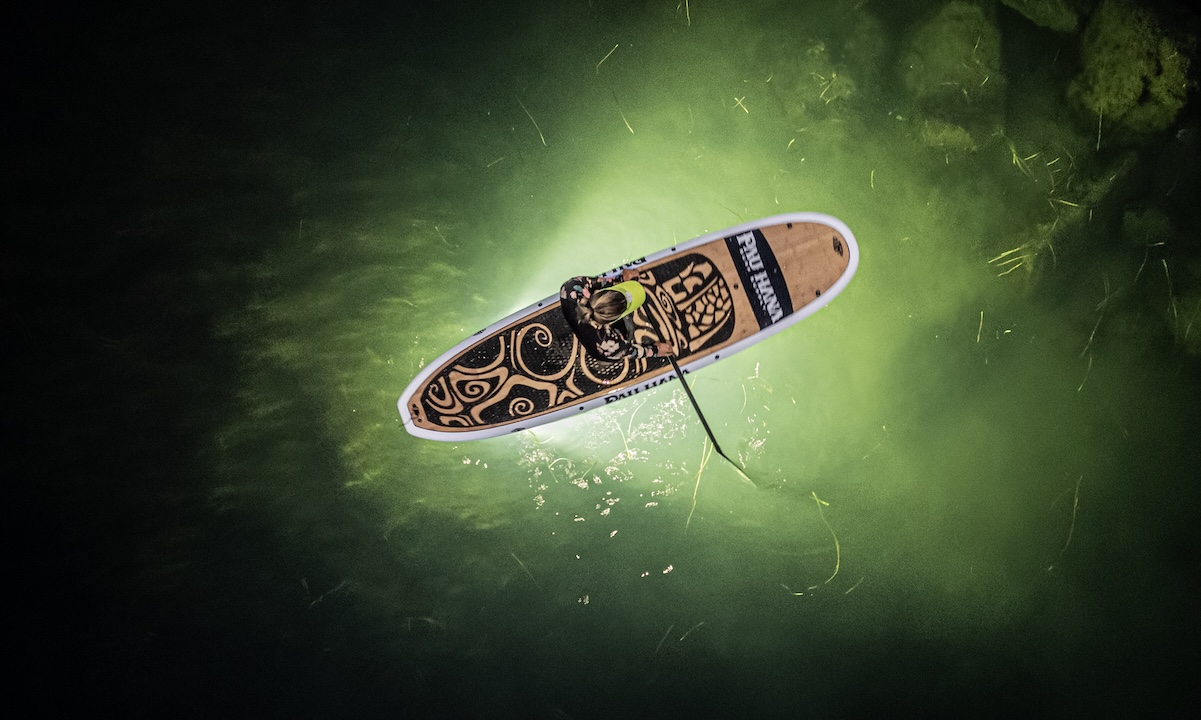 Photo © Supconnect
Photo © Supconnect
Final Thought
Paddleboarding at night can be a deeply rewarding experience, offering a sense of solitude and connection that’s hard to match during daylight. With the right gear, preparation, and precautions, you can make the most of the night—safely. So light up your board, grab a few friends, and experience your favorite waterway in a whole new way.
For more SUP tips, click HERE.

Staff
Submit your news, events, and all SUP info, so we can keep promoting and driving the great lifestyle of stand up paddling, building its community, and introducing people to healthier living.
Website: supconnect.com Email This email address is being protected from spambots. You need JavaScript enabled to view it.
